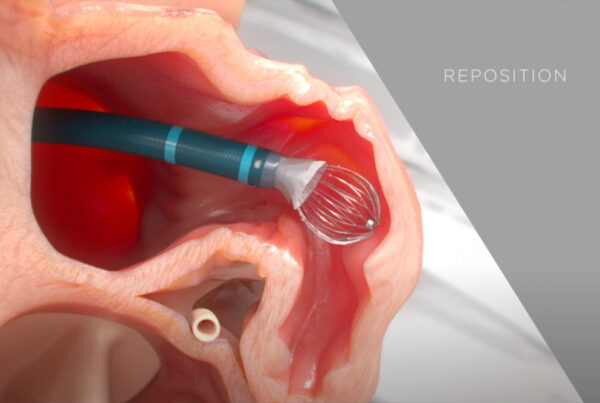If you are confused and frustrated by the constantly changing dietary advice you receive from friends, family, doctors, and the news, then you’re not alone! Even doctors have a hard time keeping up with the latest research and trends in nutrition, not to mention nutrition research is notoriously difficult to conduct and evaluate, especially on a large scale.
Currently, one of the most talked-about crazes is the ketogenic diet. This is not an entirely new fad (remember Atkins? that was essentially a less restrictive ketogenic diet), but it has recently exploded in popularity. If you search “ketogenic” on amazon.com, you’ll return over 20,000 results and likely see ads for ketogenic products every subsequent time you use the internet.
So what is the ketogenic diet? Does it “work”? The answer to the first question is easy. The answer to the second question is…complicated.
The ketogenic diet can take on a few different forms. A sample ketogenic diet will be heavy in meat, butter, cheese, yogurt, eggs, and vegetables; and lacking in cereals, breads, pasta, starches, etc. At its core, this diet centers around restricting carbohydrates and replacing them with dietary fat in the form of triglycerides. In the classic ketogenic diet, 90% of all calories should come from fat. Most people following a ketogenic diet will use a “modified form” of the diet, where medium-chain triglycerides are used as the fat source. Medium-chain triglycerides are abundant in palm and coconut oil, which explains why these oils are so popular today. These oils are also more easily absorbed, so less total fat intake is needed.
Many people who follow the ketogenic diet find it difficult to stick with the meal plan for reasons of cost, variety of foods, gastrointestinal distress, etc. These factors are even a challenge for patients enrolled in clinical studies of the diet, causing adherence to the diet to wane over time. This makes the data even more difficult to interpret, along with the fact that some patients restrict calories and experience weight loss while others do not restrict their caloric intake and either maintain their current weight or even gain weight. These factors make it incredibly challenging to develop generalizations about the risks/benefits of ketogenic diets.
Here is what we can say with reasonable certainty: The ketogenic diet will worsen your cholesterol profile if you increase your saturated fat intake, specifically raising your LDL cholesterol (“bad cholesterol”) and your non-HDL cholesterol (“also bad cholesterol”). These are significant risk factors for the development of cardiovascular disease, including heart attacks, strokes, and peripheral arterial disease. If you have diabetes, the ketogenic diet may improve the long term control of your blood sugars and may help you lose weight, but this is an unclear effect overall and subject to a large degree of variation from person to person. Many studies focused on weight loss follow patients for a short duration of a few months, which is not long enough to make firm conclusions regarding this diet long-term.
On the balance, it is difficult to recommend a ketogenic diet purely from a cardiovascular health perspective.
Phew! That is a lot to digest (pun intended). We at Connected Cardiovascular Care Associates are deeply committed to improving your heart health at every stage of life. If you have concerns about your risk for developing cardiovascular disease, or if you have already been diagnosed with cardiovascular disease, we are excited to partner with you to help keep your heart as healthy as possible.
For further reading on this topic, see:






